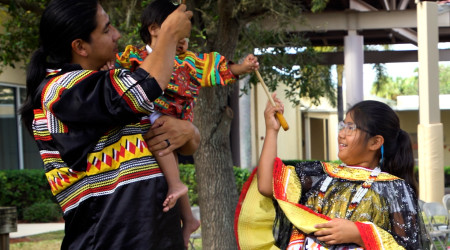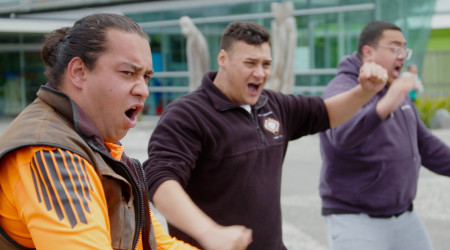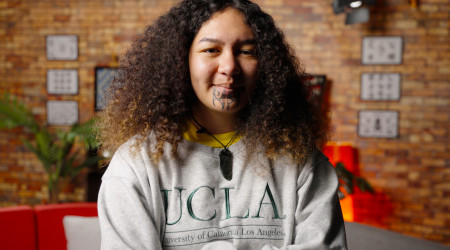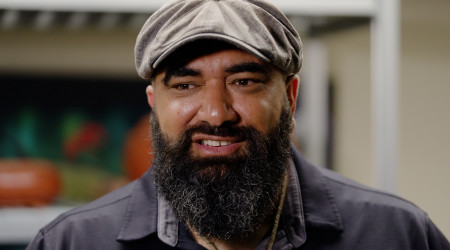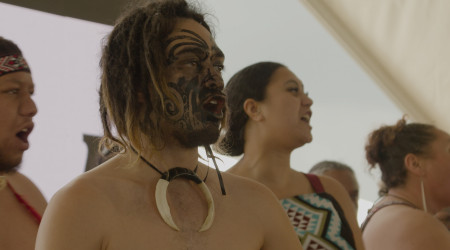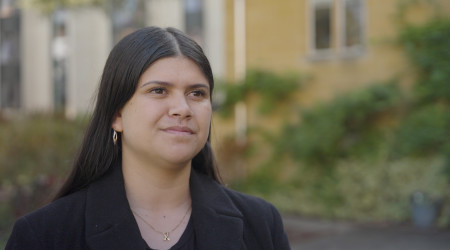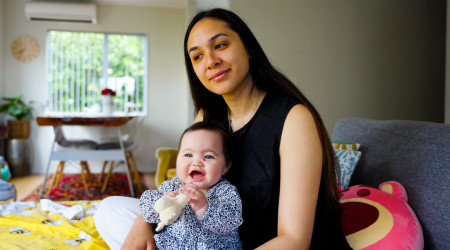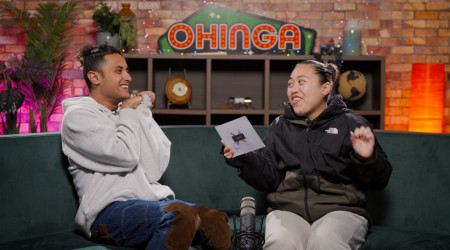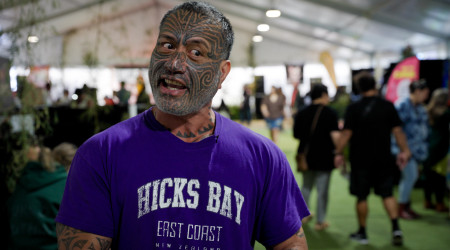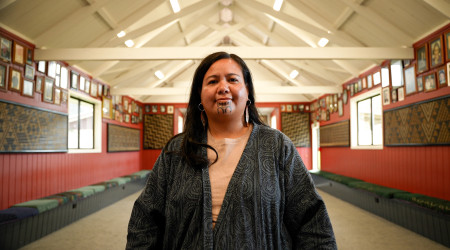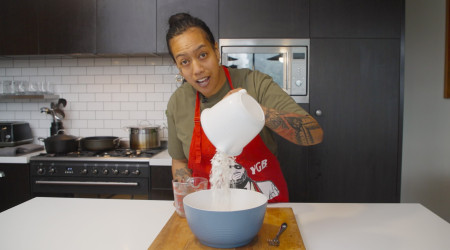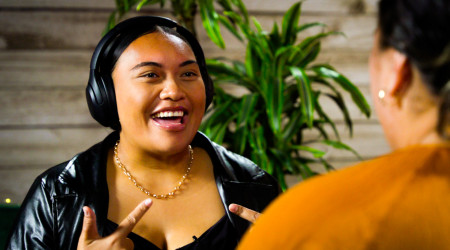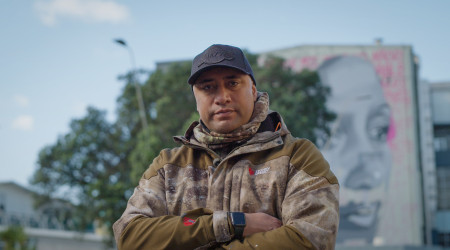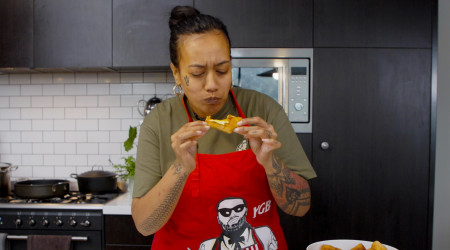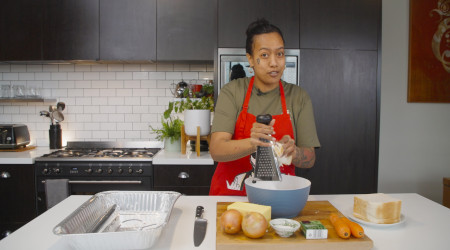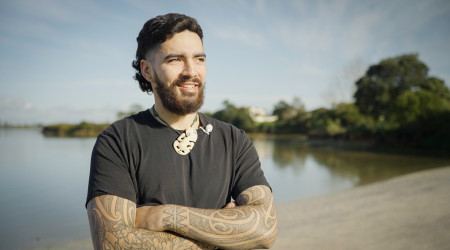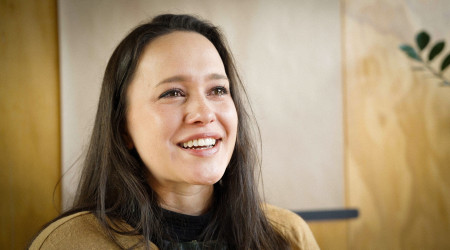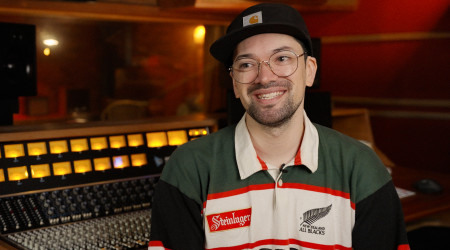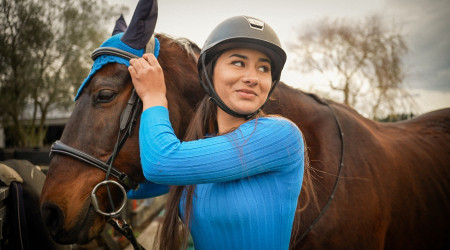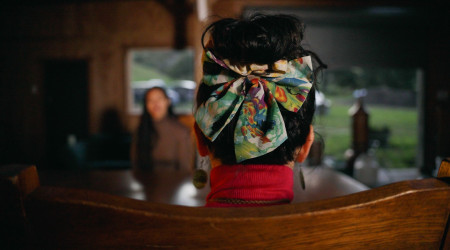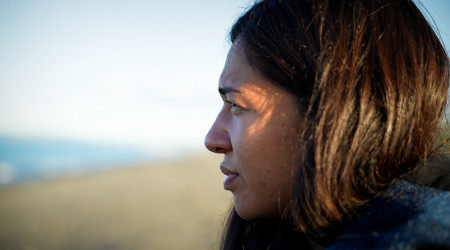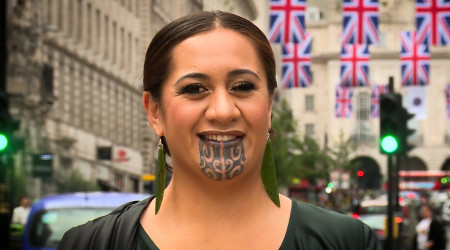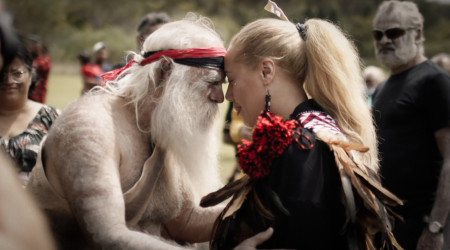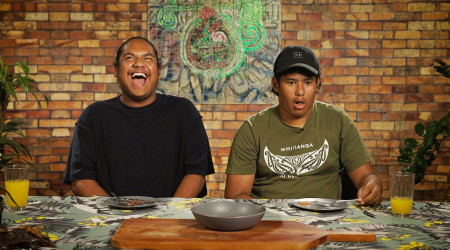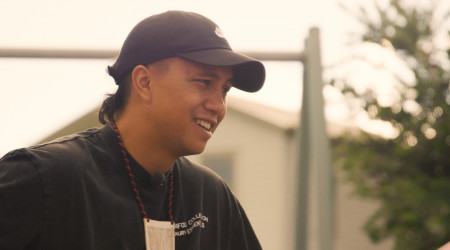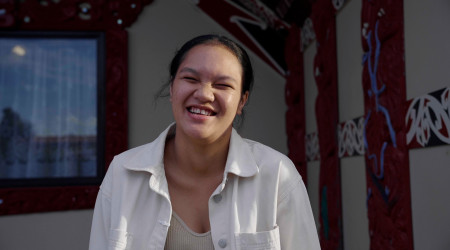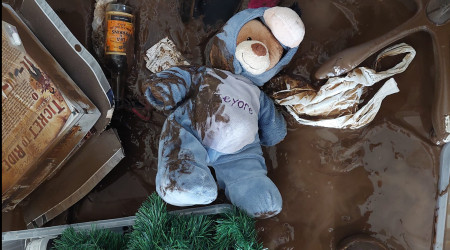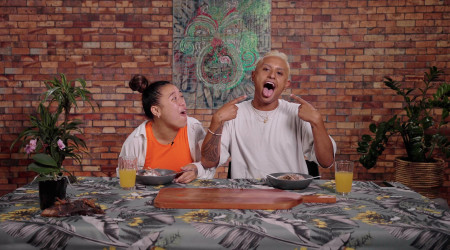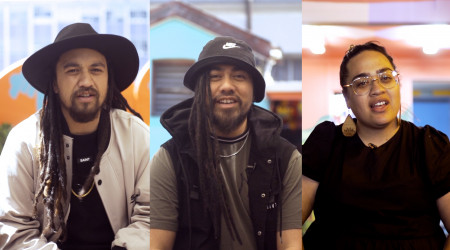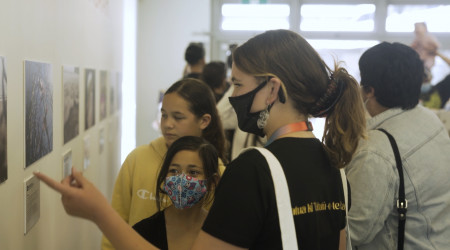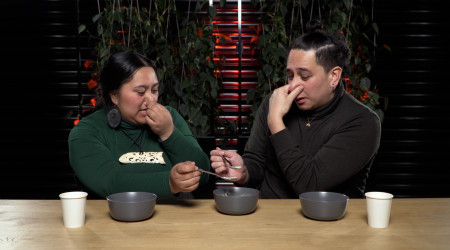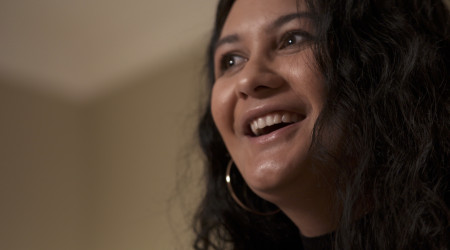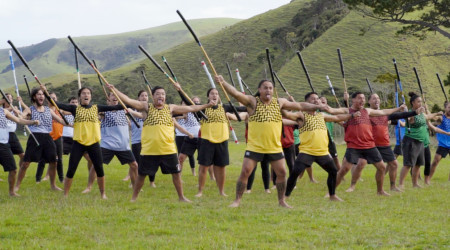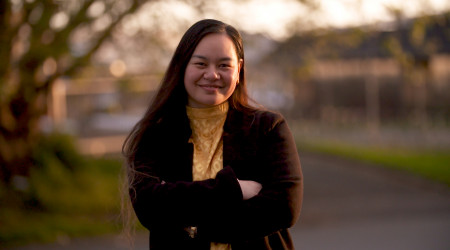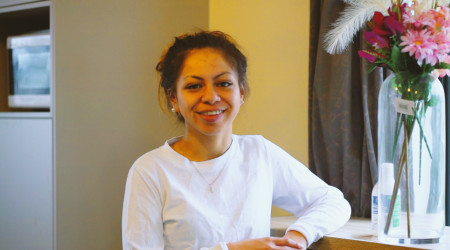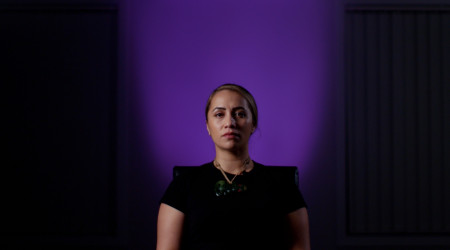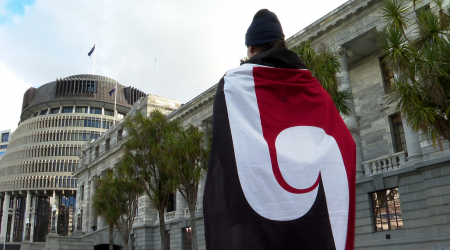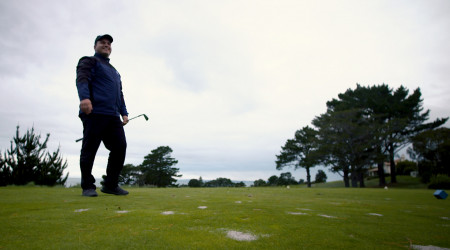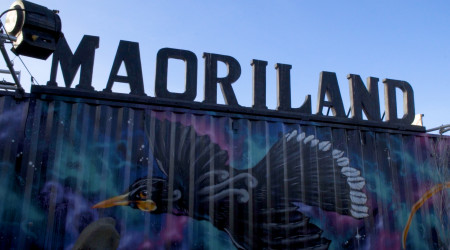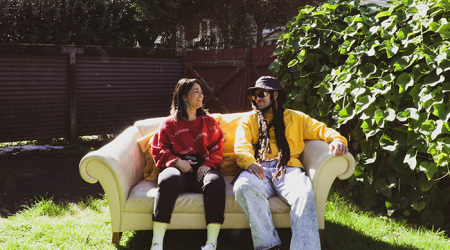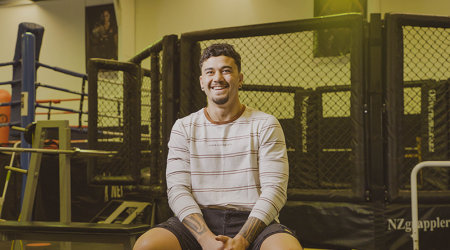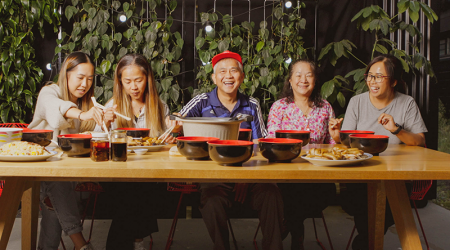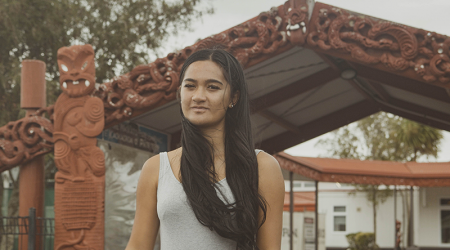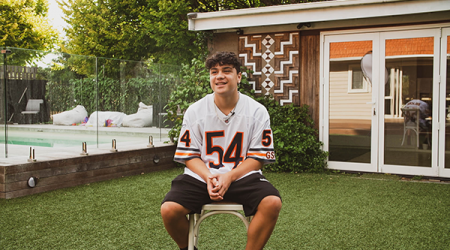‘I’ll take the leftovers’: rangatahi react to eating kina
For many Māori whānau kina are a staple at any hākari kaimoana (seafood feast).
You can have them fresh, or change it up and serve them in different ways - like on toast.
Some say they have an acquired taste, while others describe them as golden treasures - there’s really no in between, you either love them or you don’t.
In this mini-series, Kai o Nehe, Re:’s reo Māori series Ohinga introduces rangatahi to traditional kai - and this time kina is on the menu.
Ohinga chef Carla Rupuha shows us how to open kina using two spoons. Fellow chef Hinerapa Rupuha (Carla’s mum) says it’s great sitting next to rangatahi when kina is being served because they’re unlikely to enjoy it - and that means more for her.
Our rangatahi gave mixed reviews after eating the kina, with one saying: “I don’t like it” and another saying: “I’ll be taking the leftovers as well”.
But it was great exposure to a kai our people have enjoyed for many generations.
“I’ve never liked kina, maybe today is the day that I like kina,” one rangatahi said.
Chef Hinerapa Rupuha shared some stories about our tīpuna: “In the old days, some covered it with water, put it in the shade and some put it in running water like you do rotten corn - and it’s a fermentation”.
This is part of our reo Māori series, Ohinga, created by Mahi Tahi Media, with funding from Te Māngai Pāho and the NZ on Air Public Interest Journalism Fund.
E hāngai ana tēnei ki tā mātau whakaaturanga reo Māori, ki a Ohinga. He mea mahi nā Mahi Tahi, he mea tautoko nā Te Māngai Pāho me te Puna Pūtea ‘Public Interest Journalism’ a Irirangi Te Motu anō hoki.
Stay tuned for a new episode every week.
Hoki mai anō kia kite ai i tētahi hōtaka hou.
More stories:
Is the yardie dead? Inside 21st birthdays in Aotearoa
We made a documentary series about 21st birthdays and there’s somehow not a single yardie.
How to harvest kūmara: ‘Māori can’t connect to a carrot’
“The history of the kūmara goes way back; it’s in our DNA, it’s in our whakapapa."
Inside Auckland’s Ōtara Market: Community, taonga and taro
‘More than selling flowers, it’s about engaging with the local people’


